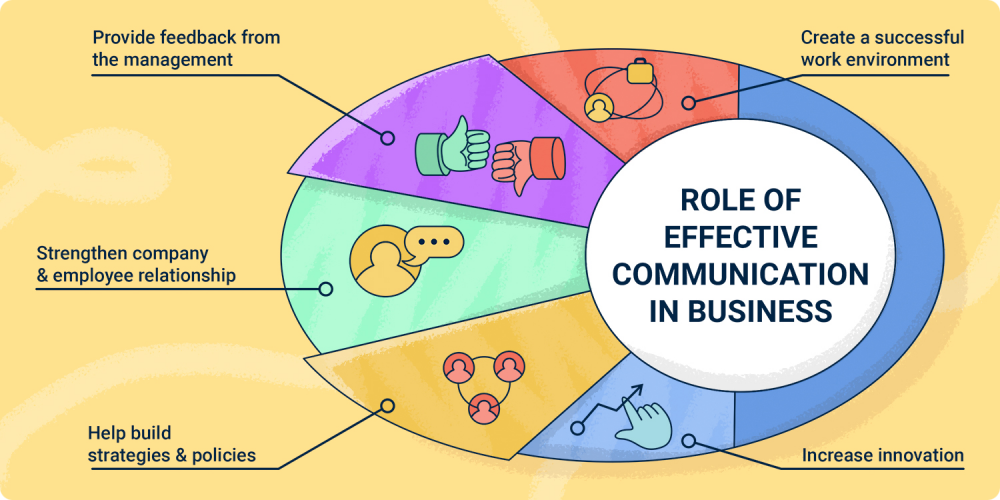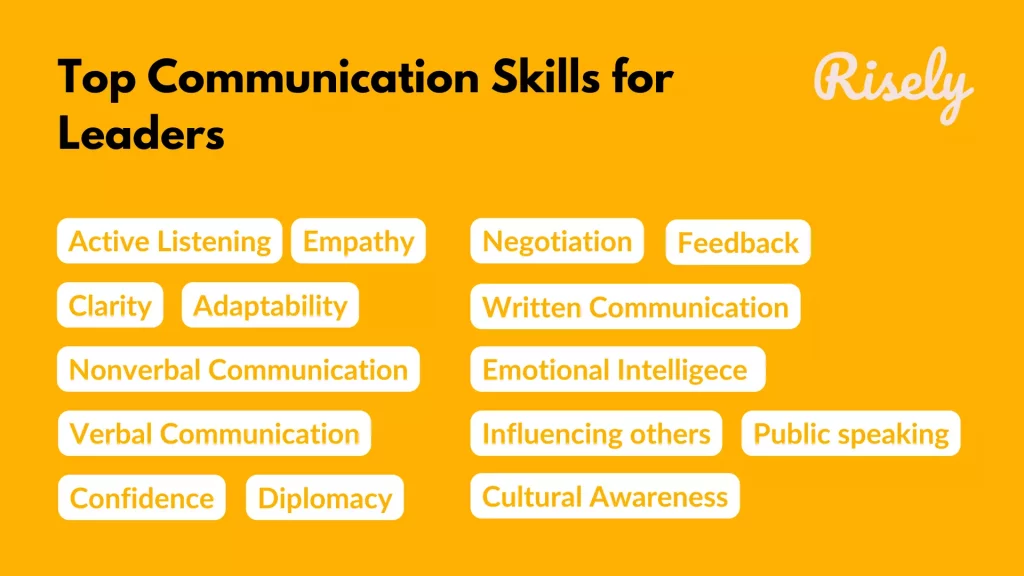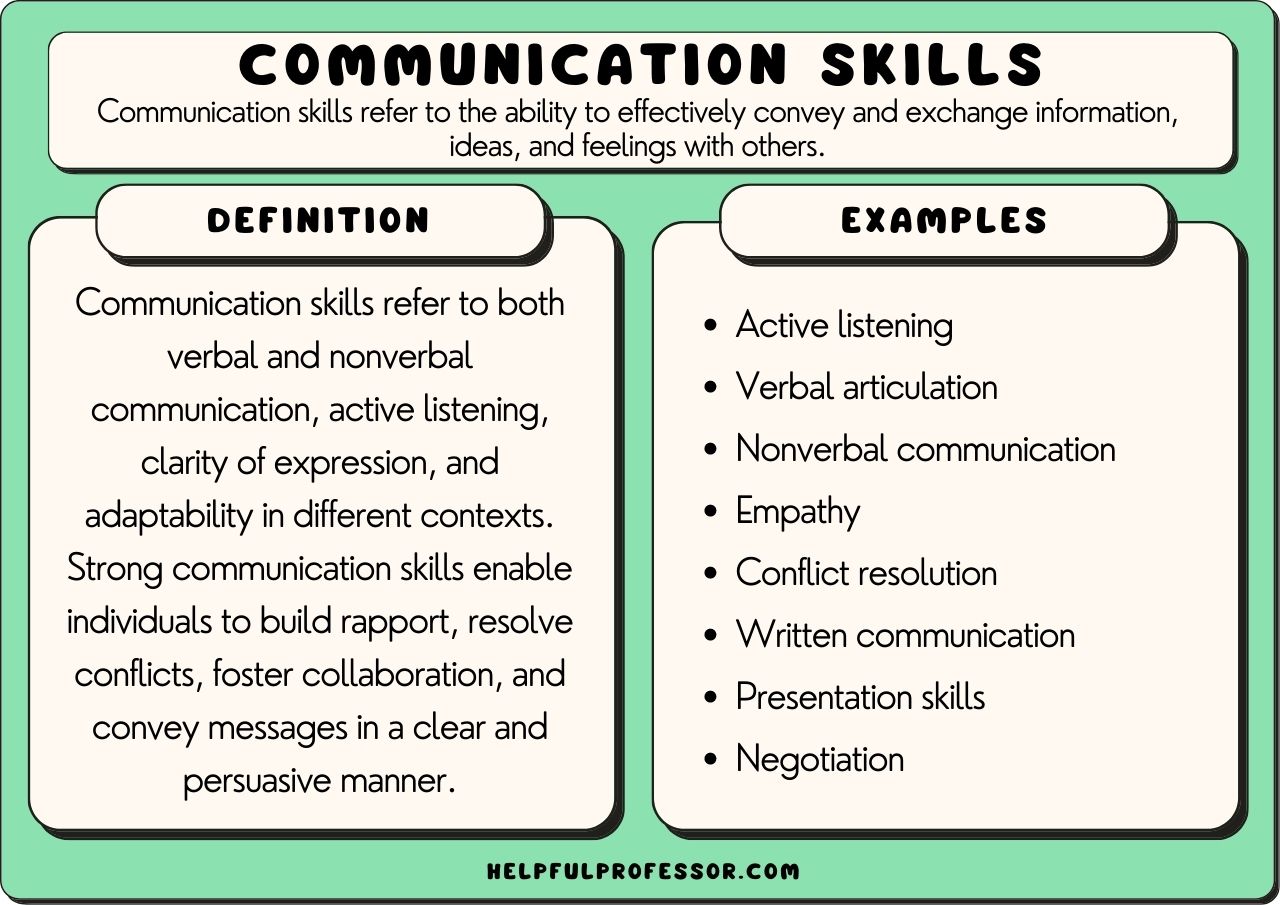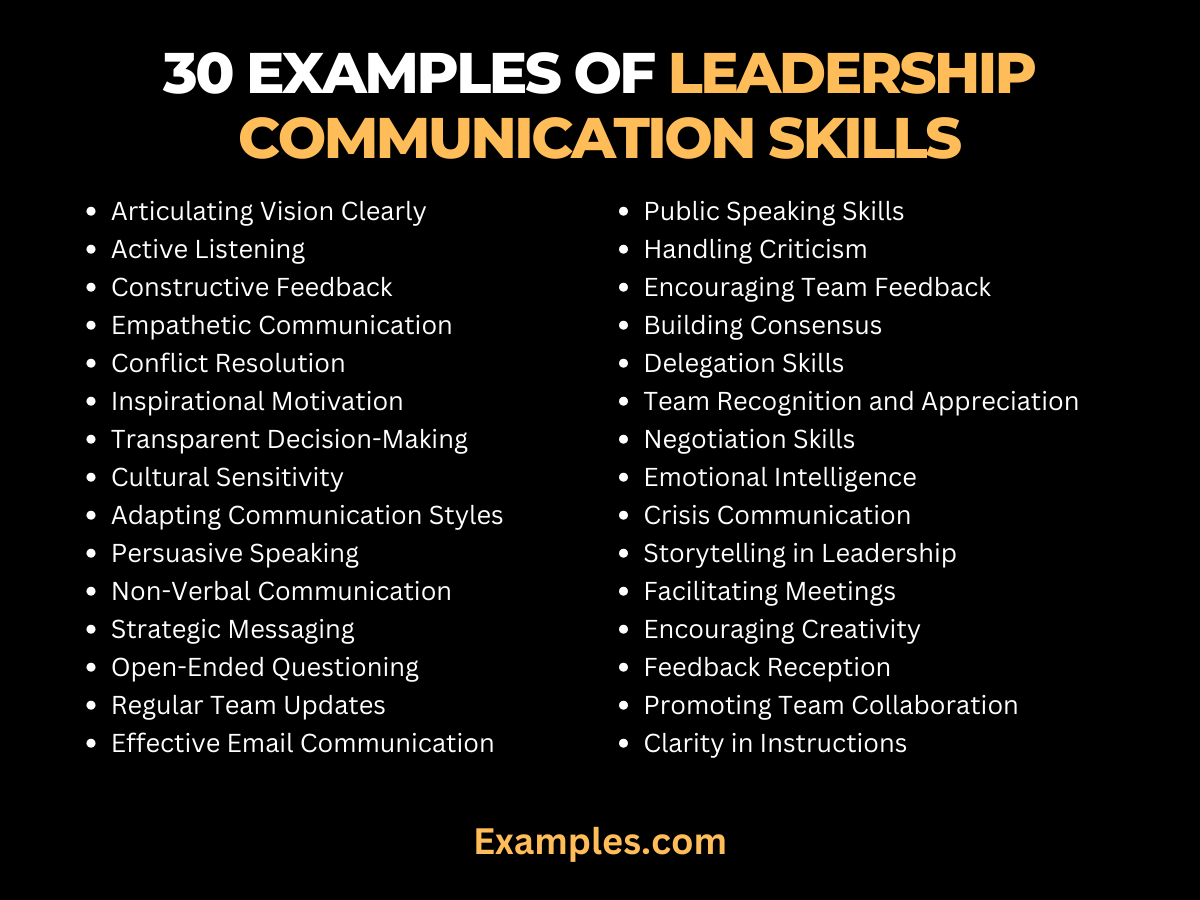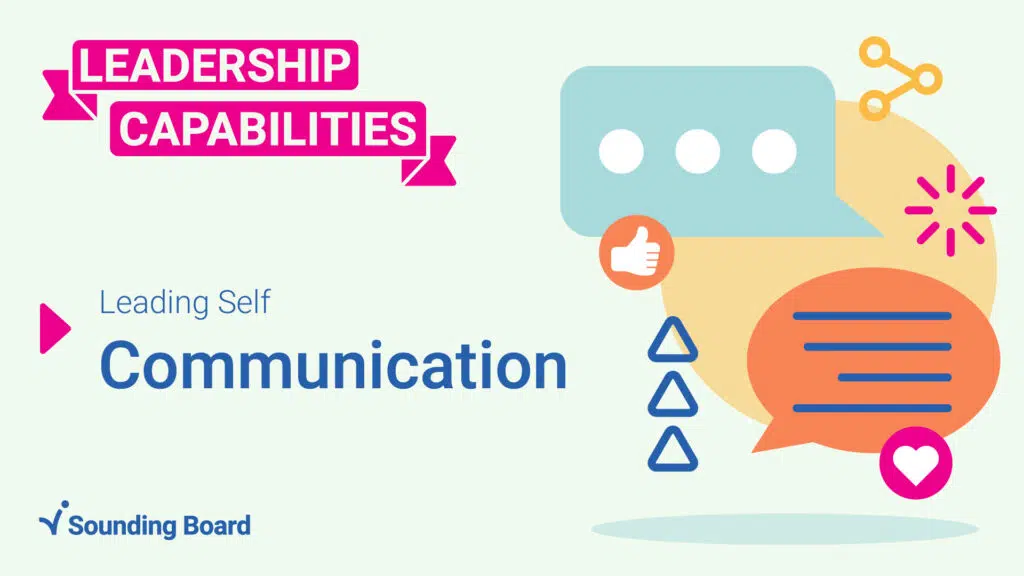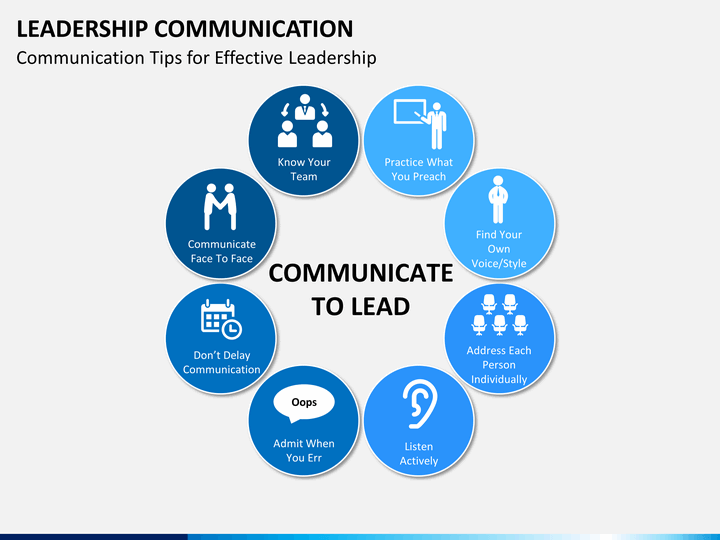Famous Business Leaders With Good Communication Skills

In an era defined by rapid technological advancements and global interconnectedness, effective communication stands as a cornerstone of successful leadership. While strategic vision and financial acumen remain crucial, the ability to articulate ideas, inspire teams, and connect with stakeholders has become an indispensable asset for navigating the complexities of modern business.
This article examines the communication prowess of several renowned business leaders, highlighting their unique styles and the impact their skills have had on their organizations and industries. By analyzing their approaches, we aim to understand the key elements of effective communication in leadership and its vital role in achieving business objectives.
The Power of Empathy: Satya Nadella, Microsoft
Satya Nadella, the CEO of Microsoft, is widely recognized for his transformative leadership, which is deeply rooted in empathy and clear communication. He took the helm in 2014 and steered the company away from a culture of internal competition towards one of collaboration and innovation.
Nadella’s communication style is characterized by his ability to listen actively, understand diverse perspectives, and articulate a compelling vision for the future. He fosters open dialogue and encourages employees to share their ideas, creating a more inclusive and innovative work environment.
"Our industry does not respect tradition – it only respects innovation,"Nadella famously stated, emphasizing the importance of continuous learning and adaptation, a message he consistently conveys through his communication.
Key Communication Strategies
Nadella’s strategy involves frequent town halls, internal blogs, and public appearances where he consistently reinforces Microsoft’s mission and values. He also champions a “growth mindset,” promoting a culture of learning and embracing challenges, which he communicates through stories and anecdotes that resonate with employees at all levels.
Authenticity and Transparency: Howard Schultz, Starbucks
Howard Schultz, the former CEO of Starbucks, is celebrated for his ability to connect with both employees (partners) and customers through authentic and transparent communication. He built Starbucks into a global coffee empire by prioritizing relationships and treating employees with respect, even during times of crisis.
Schultz's communication was frequently marked by vulnerability and openness. During challenging periods, such as the 2008 financial crisis, he addressed employees directly, sharing his concerns and outlining a plan for recovery. This level of transparency fostered trust and loyalty, proving vital to the company's resurgence. He states:
"We are not in the coffee business serving people, but in the people business serving coffee", illustrating his commitment to his staff.
Building Trust Through Dialogue
Schultz routinely held open forums and employee meetings where he listened to concerns and solicited feedback. He understood the importance of two-way communication in building a strong company culture. His commitment to transparency extended to customers as well, with Starbucks actively engaging in social media and responding to customer feedback.
Visionary Articulation: Steve Jobs, Apple
Steve Jobs, the co-founder of Apple, was a master of visionary communication, capable of captivating audiences with his passion and persuasive storytelling. He had an unparalleled ability to articulate complex ideas in a simple, compelling manner.
Jobs was known for his meticulously crafted product presentations, which transformed product launches into highly anticipated events. He understood the power of storytelling in conveying the value and potential of Apple products. His famous line, "Think Different," encapsulated Apple's innovative spirit and became a powerful rallying cry for the company and its customers. He also stated:
"The most powerful person in the world is the storyteller."
The Art of Persuasion
Jobs used rhetoric devices, repetition, and emotional appeals to connect with his audience on a deeper level. He framed Apple products as tools for empowerment and self-expression, tapping into people's desires to be creative and make a difference. His ability to articulate a clear vision and inspire others to embrace it was a driving force behind Apple's success.
Looking Ahead: The Future of Communication in Leadership
As businesses continue to evolve, the importance of effective communication will only increase. Leaders must be adept at navigating diverse communication channels, adapting their style to different audiences, and fostering a culture of open dialogue and feedback.
In an age of misinformation and increasing skepticism, authenticity and transparency will be paramount. Leaders who can communicate with clarity, empathy, and integrity will be best positioned to build trust, inspire their teams, and drive their organizations towards success. By studying and emulating the communication strategies of successful leaders like Nadella, Schultz, and Jobs, aspiring leaders can develop the skills they need to thrive in the modern business landscape.

